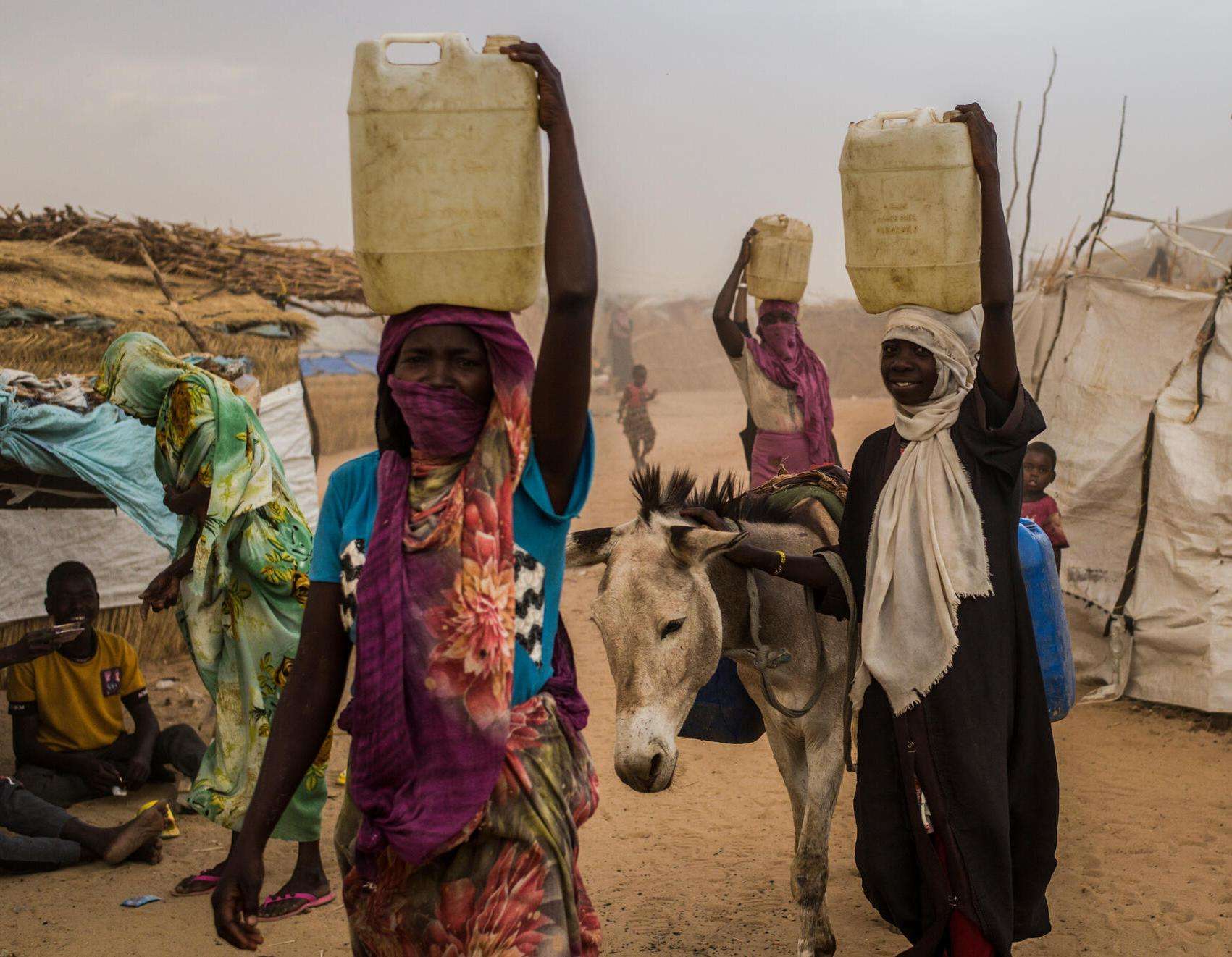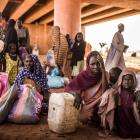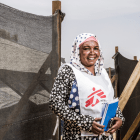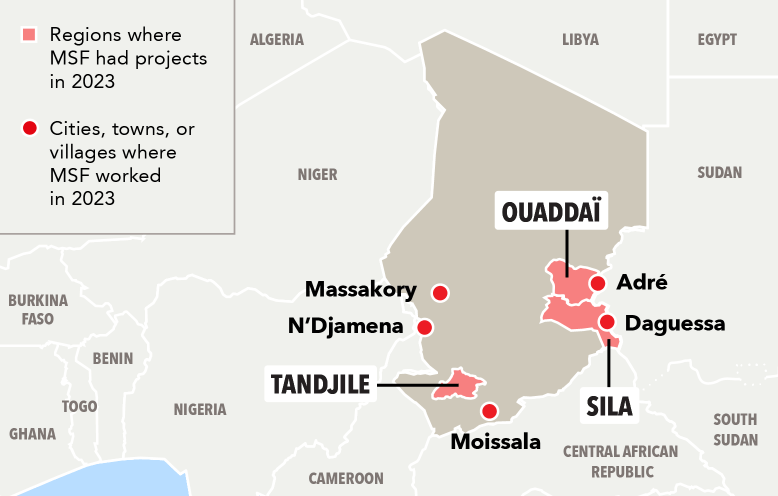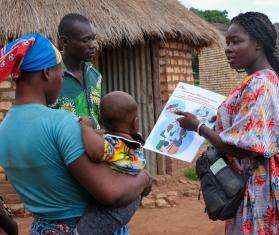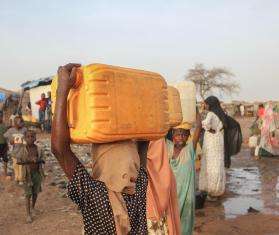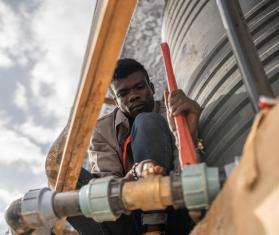MSF has built field hospitals in Metché and Aboutengue camps, providing a wide range of services including emergency, pediatric, neonatal, and sexual and reproductive care, as well as an operating theater for emergency surgery in Metché. At Adré Hospital, we handed over our surgical program in 2024 to the Ministry of Health, while we continued to support the pediatric, nutrition, and maternity wards. In Iriba, MSF supported the Ministry of Health at the district hospital and ran a clinic in Touloum camp, as well as a clinic at the Daguessa site and mobile clinics in Goz-Aschiye, Goz Saffra, and Andressa in Wadi Fira. MSF also ran a health post in Tine transit camp in Wadi Fira. MSF activities aimed to strengthen pediatric care, particularly the treatment of acute malnutrition and seasonal malaria, through screening and treatment in inpatient and outpatient therapeutic feeding centers. We provided sexual and reproductive health services, mental health support, and care for victims and survivors of sexual violence in Adre, Iriba, and Metché. Our teams also carry out extensive work to improve the drinking water supply in villages and refugee camps by constructing boreholes, latrines, and showers, and distributing water.
Regular programs and other emergency activities Devastating floods struck all 23 provinces of Chad in 2024, affecting thousands of people and killing more than 500. In collaboration with the Chadian authorities, MSF carried out several emergency responses to meet the immediate needs of affected communities, who were facing severe shortages of food, shelter, drinking water, and health care. In Koukou, Sila province, MSF helped local authorities rescue survivors and provided emergency health care and water, sanitation, and hygiene response to reduce the risk of outbreaks.
To address low vaccination coverage, MSF supported numerous emergency and routine campaigns across the country. In collaboration with the Ministry of Health, we vaccinated children and adults against measles in the regions of Salamat and Moyen-Chari, and supported with catch up vaccinations throughout the country. To tackle a resurgence in diphtheria, we launched a mass vaccination campaign in Batha region in January. In Mandoul region, we continued to partner with the Ministry of Health to improve access to pediatric, obstetric, and maternal health care in Moissala, as well as services for children, including treatment for malnutrition and malaria. In N’Djamena, MSF also collaborated with the Ministry of Health on a malnutrition project by supporting five outpatient therapeutic feeding centers and a hospital.
In several of our projects in Chad, we are promoting a communal approach to raising awareness about disease prevention. In Sila, we continued developing a community-based health care network across 91 villages, focusing on screening and case referrals to improve access to care and early treatment. MSF also worked with community health workers in Massokory, Hajer Lamis province, to manage malaria cases closer to home.
